In this article, we’ll be covering:
- What does an Accountant do?
- Changing trends in the profession
- Technical Skills
- Soft Skills
- FAQs on Accountants in Malta
What does an Accountant do?
An accountant’s traditional role is managing a company’s financial affairs. Accountants also offer financial advice and guidance on tax and revenue. Accountancy is a profession that has undergone a radical transformation in the digital era and is continuing to evolve. Generally, the daily tasks of an accountant might include:
- Analysing statements to identify trends, patterns and identify risks
- Interpreting financial data and making predictions and recommendations
- Auditing, analysing and presenting financial data
- Creating and setting budgets
- Preparing and filing tax returns
- Recording financial transactions
- Preparing end-of-year reports
- Assisting companies with financial compliance
Trends in Accountancy
Rapid technological advancements have transformed many business sectors over the last two years and the accounting profession is no exception. Emerging technologies have altered the financial landscape, and accountants must adapt and update their skills to keep their roles relevant and essential in today’s business environment. This article considers the accountant’s evolving role and suggests how experts might develop and transfer their skills to remain competitive in the market today.
Artificial Intelligence and Automated Accounting
Automating accounting skills like payroll management, bookkeeping, and repetitive admin tasks will positively impact accountants and eliminate some of their more tedious tasks. It will not decrease the demand for accountants. Since automation is vulnerable to cyber threats, humans will still need to verify and audit numerical data.
The speed and efficiency of automation will enable accountants to make faster decisions and their role will become more advisory in businesses. Providing advice to companies on increasing profits will benefit industries and allow accountants to use their skills more effectively. Offering high-value services will be a profitable and potentially fulfilling role for accountants.
Data Analysis
More accessible data and advanced data analytics enable accountants today to efficiently study numerical results to assess the financial performance of companies. Easy access to data helps give accountants interesting insights into company finances and allows them to reflect on past performance, identify challenges and predict potential growth opportunities.
Cloud-based Technology
Cloud technology has enabled accountants to access, synthesise and synchronise information across platforms, saving time and reducing the incidence of human error. The cloud has facilitated collaboration between accountants, tax experts, financial advisors, and stakeholders. Cloud technology has helped remove geographical barriers for teams working together, and businesses can outsource accountants worldwide.
Security
Cloud hosts provide high levels of security and data protection across data encryption, firewalls, virus protective systems and intrusion prevention. Paperless systems reduce the risks of fraudulent activity. Experts are continually updating security methods to stay ahead of malicious actors.
Increased Regulations and Compliance Procedures
As incidences of money laundering, and financial crime rise, accountants must be vigilant to updates in legislation and tax regulations and ensure that the businesses they work with remain compliant.
Blockchain Technologies
Innovations in blockchain database technologies have huge implications for the world of accountancy. Blockchain promises to accelerate processes further. The complicated nature of altering data within blockchain enhances security and reduces the potential for fraud in the world of accountancy. Accountants are in a strong position to develop expertise in this sector and provide secure and efficient services to businesses. A good understanding of blockchain accounting will attract a broader client base.
High Customer Expectations
As customer behaviour and expectations evolve, clients expect a more customer-centric experience in the financial sector. While consumers appreciate smart, speedy transactions, they also need to feel trust in the financial sector. Empathy and sustainability have become core values that consumers like to see reflected in business practices. The focus on sustainability and Environmental Social & Governance (ESG) means accountants will play a major role in advising their clients on how to cut costs and run more sustainable businesses.
Key Skills Companies Look for in Accountants
Technical Skills
The career development outlook for accountants is positive with a high demand for accountancy professionals. The hard skills employers seek in accounts today are:
IT Skills
Knowledge and enthusiasm for advancing technologies and a willingness to continually upskill and learn. Candidates with IT certifications particularly in AI and automated processes are valued.
Data Analytical Skills
Interpreting data to form conclusions and presenting accurate reports is essential. A detail-oriented and analytical mindset and proven expertise in data analysis for advising stakeholders and businesses are crucial skills today.
Business Acumen
Understanding how businesses work and the context in which they operate is essential. Accountants that can use insights to make astute business recommendations and predictions to companies are highly prized.
Soft Skills
While technical skills are critical for success in accountancy, soft skills are becoming increasingly important as the role evolves. Some of the most important skills you’ll need are:
Communication Skills
Accountants need to present their findings and ideas to stakeholders and often have to convince people of their ideas and explain complex concepts in simple terms. They need to listen to others and address concerns.
Leadership Skills
Accountants guide important financial decisions in companies and need to be confident and show initiative. They often train and mentor junior accountants and take responsibility for explaining compliance regulations to staff.
Problem-Solving
Accountants will face various cash flow issues and must come up with solutions that will minimise impacts on business growth. Changes in legislation mean accountants often have to amend decisions and shift money to take advantage of exemptions and thresholds. Their financial predictions are sometimes off the mark and they sometimes have to rectify complex situations.
FAQs on Accountants in Malta
What qualifications do you need to become an accountant in Malta?
You can take different pathways to qualify as an accountant in Malta.
The main qualifications are:
- (ACCA) from the Association of Chartered and Certified Accountants
- (ACA) (from the Institute of Chartered Accountants in England and Wales (ICAEW)
- Masters in Accountancy from the Malta Institute of Accountants (MIA) University of Malta (UoM)
- (ACCA) and (ACA) are UK qualifications offered in Malta in conjunction with the Malta Institute of Accountants (MIA) University of Malta (UoM).
These qualifications are recognised by the Accountancy Board for registration as a Certified Public Accountant (CPA) ACCA and ACA graduates who wish to get certification to practise accountancy locally, follow the MIA-ACCA programme at the Malta Institute of Accountancy.
What additional qualifications can you take in accountancy?
Additional qualifications include:
- Diploma in Finance from the ACCA
- Diploma in tax
- Internal auditing qualification from ISACA
Have a look at the best accountancy jobs in Malta. For more information on accountancy salaries in Malta, feel free to download our Finance and Legal Salary Survey.
For more information on how the compliance industry is developing in Malta, get in touch with Alessandro Binetti.
+356 2034 1700

